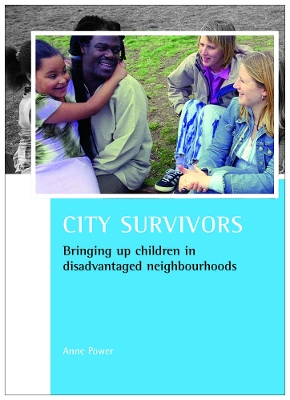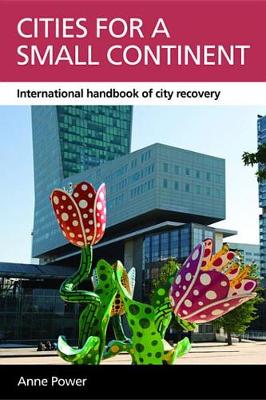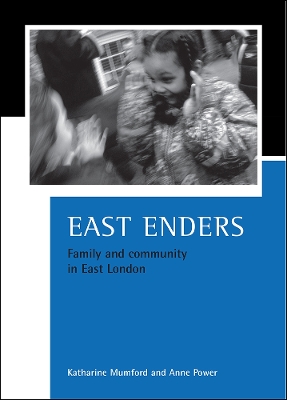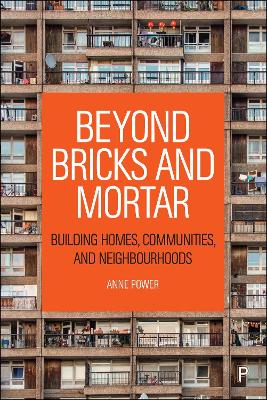CASE Studies on Poverty, Place and Policy
8 total works
"City Survivors" is based on yearly visits over seven years to two hundred families living in four highly disadvantaged city neighbourhoods, two in East London and two in Northern inner and outer city areas. Twenty four families, six from each area, explain over time from the inside, how neighbourhoods in and of themselves directly affect family survival. These twenty four stories convey powerful messages from parents about the problems they want tackled, and the things that would help them. The main themes explored in the book are neighbourhood, community, family, parenting, incomes and locals, the need for civic intervention.
The book offers original and in-depth, qualitative evidence in a readable and accessible form that will be invaluable to policy-makers, practitioners, university students, academics and general readers interested in the future of families in cities.
Phoenix Cities: The Fall and Rise of Great Industrial Cities
by Anne Power and Dr J Anne Power
Using an up-to-date account of life in East London, the authors illustrate how cities faced with neighbourhoods in decline are changing.
East Enders:
· gives a bird's eye view of neighbourhood problems and assets;
· provides policy recommendations based on real life experiences;
· tackles topical issues such as race relations, mothers and work, urban revival and social disorder through the eyes of families;
· is authored by leading experts in community studies.
Undergraduate and postgraduate students in social policy, sociology, anthropology, urban studies, child development, geography, housing and public administration should all read this book. Policy makers in national and local government, practitioners and community workers in towns and cities and general readers interested in the life and history of urban neighbourhoods will also find this book an invaluable source of information.
So how did Europeans react? And how different was their response from America's? This book looks closely at the recovery trajectories of seven European cities from very different regions of the EU. Their dramatic decline, intense recovery efforts and actual progress on the ground underline the significance of public underpinning in times of crisis. Innovative enterprises, new-style city leadership, special neighbourhood programmes and skills development are all explored. The American experience, where cities were largely left 'to their own devices', produced a slower, more uncertain recovery trajectory. This book will provide much that is original and promising to all those wanting to understand the ground-level realities of urban change and progress.
Social housing continues to decline as existing tenanted homes are sold to their occupiers and run-down council estates are demolished. Demonstrating the value of the ‘Housing Plus’ approach –investment beyond “bricks and mortar” – this book outlines the role social landlords can play in tackling community problems. By investing in estate renewal, helping to house the vulnerable, offering a wide range of tenures and encouraging community housing, this approach builds links between housing design and a wider social value agenda.
With the voices of tenants and frontline staff at the forefront, Anne Power demonstrates how policy and practice can shift the bias against social housing in favour of its re-expansion.






